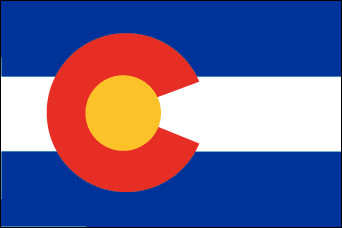By Steve Gutierrez, Holland & Hart LLP

Steven Gutierrez
On July 14, 2020, Colorado Governor Jared Polis signed into law the Healthy Family and Workplaces Act passed by the Colorado General Assembly during its recently concluded legislative session in June 2020. The new law mandates that nearly all employees working for public and private employers in Colorado must begin accruing at least one hour of paid sick leave for every 30 hours worked, up to 48 hours total, which balance shall carryover year-to-year subject to the limit. This requirement goes into effect for covered employers with 16 or more employees on January 1, 2021, and for all other covered employers (regardless of how many employees they employ) on January 1, 2022.
The law permits use of paid sick leave hours, as soon as they accrue, for numerous reasons ranging from an employee’s own illnesses, to an employee’s need to care for family members, to leave associated with certain domestic abuse or sexual assault issues, to ordered closures of an employee’s place of business, or of a school or childcare facility, if the employee needs to care for a child. Read more


















